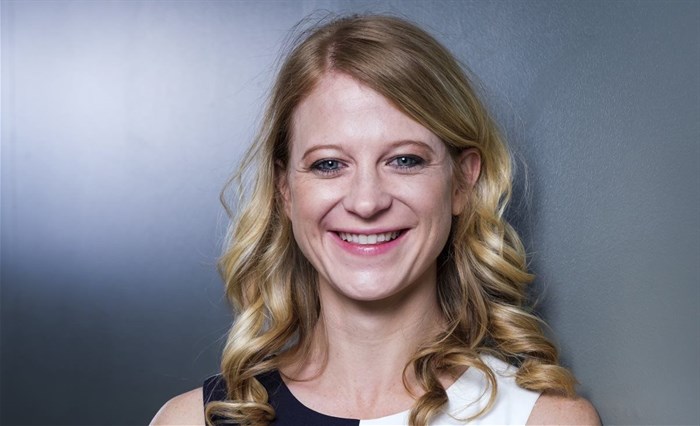
Subscribe & Follow
In the news
#BizTrends2022: The future of education involves technology - but it's not online

With many schools resorting to remote learning to get through the academic years in time, it was probably inevitable that the pandemic would fuel debates about online education in SA. And indeed, one of the key trends we’re seeing in the local education sector is a sudden surge in the number of online schools starting in 2022.
It will be interesting to see the levels of demand for these new schools, and whether they manage to get a foothold in the sector. Because while many technology experts are suggesting that online learning is some sort of silver bullet that rescues the world’s education system, our experience is quite the opposite.
At Spark Schools, we used remote learning for a while to try and maintain schooling through the worst of the lockdowns. When we opened to full time attendance again, we saw over 97% of families sending their children back to school. It wasn’t surprising: we saw a decline in academic performance compared to the achievement levels in a pre-Covid world.
More than just academic learning
The fact is that education has always been about far more than just academic learning. When children go to school, they learn social and emotional skills. They spend time with their friends. It’s absolutely essential that we have the important conversations with parents, teachers and our scholars that focus on their well-being, and that we provide support to teachers to manage these tough situations.
We hear of many parents who say they will never send their children back to a physical school. They bandy about terms like home-schooling and online learning, without fully understanding the ramifications of their decisions. Parents will never be trained teachers, and even if they were, they could never replace the critical social skills that their child will lose out on by being at home. It is not something to go into lightly.
Academic gap
A second major trend in education in 2022 – and for years to come – will be what people are calling the ‘academic gap’. The big question is how quickly schools can get education back to pre-Covid levels. If we have a full uninterrupted year of schooling, we’re confident that we will be able to get our scholars back to those levels. But not all schools have the resources or the ability to do that.
The result of this will be entire cohorts of scholars falling behind their peers due to lower levels of learning and their potential for dropping out of school. That’s a huge worry for South Africa. With unemployment already at record levels, we cannot afford the negative impacts of interrupted schooling on children’s educational outcomes, such as reduced schooling attainment and cognitive skills over their lifetimes.
Role of technology
Can technology be part of the solution? Without a doubt. The growing use of technology in the classroom is an ongoing trend in education. It is fundamentally changing how teachers teach and learners learn, and must play a pivotal role in the delivery of quality education across South Africa.
When they’re not in school, just about everything our young people do involves technology in some way. By integrating technology into the classroom, teachers are not only changing the way they teach, but giving scholars critical tools to forge meaningful futures in the 21st century. It will be interesting to see how, and when, government starts implementing technology in the classroom in the coming years.
But it will never replace teachers, or a campus environment. The school of the future is not online and will never be. It is a school that focuses on personalised learning through data driven instructions that gives scholars the opportunity to engage with learning material at their own pace, and in a way that is fun and engaging. At the same time, it will use data to give teachers and parents direct feedback on how their scholars are progressing.
Technology has a key part to play in the future of education. But it will live in schools – and not the other way round.












